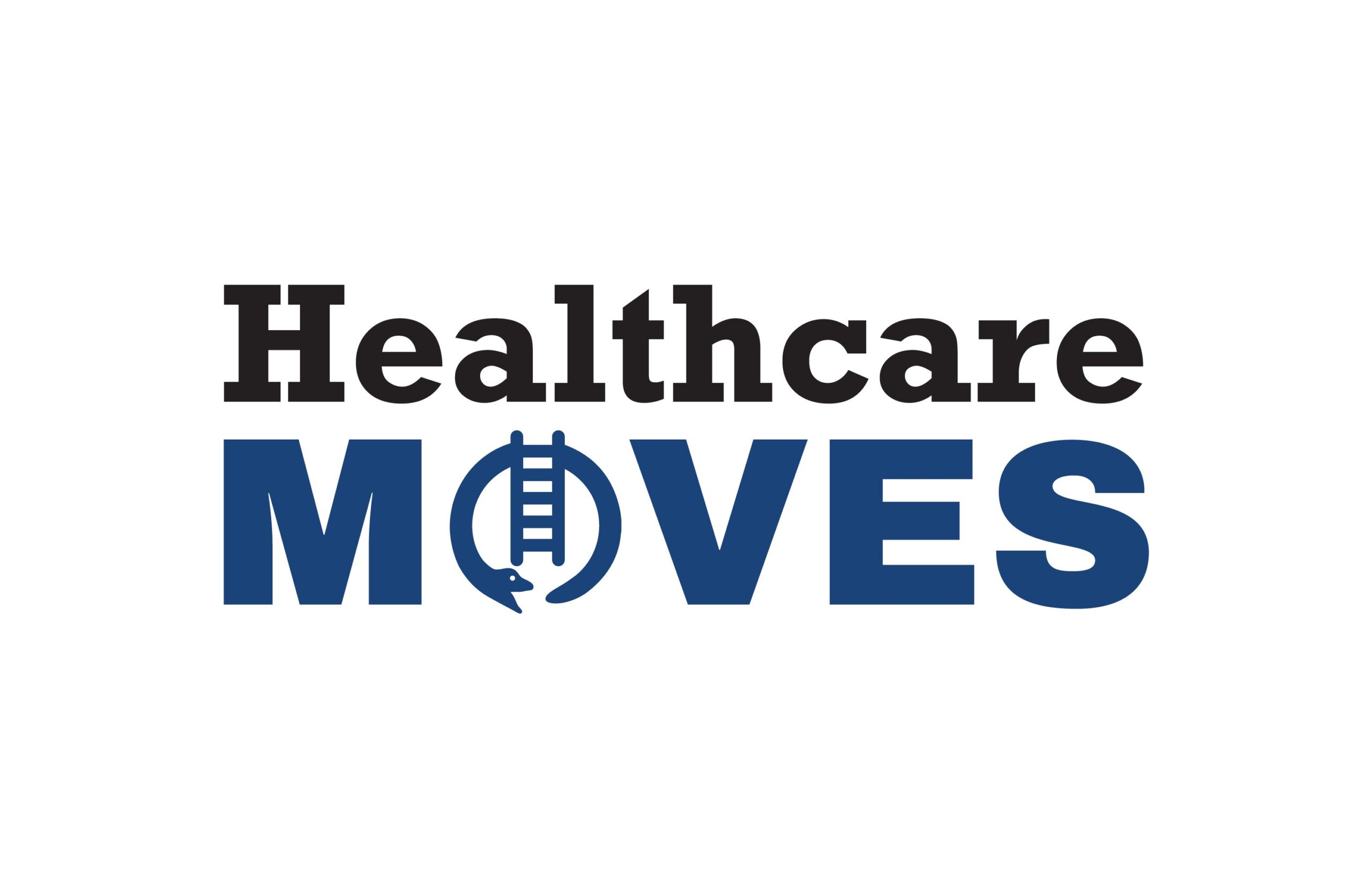The health IT landscape is shifting fast, pushed this month by a government report chastising EHR vendors for “information blocking,” proposed modifications to Stage 2 Meaningful Use regulations and the subsequent backlash against the planned weakening of the Stage 2 measure related to patient engagement.
Add Jonathan Bush, the outspoken CEO and co-founder of cloud-based EHR vendor athenahealth, to the list of those who doesn’t like the proposed change that providers only need to get a single patient, rather than the current 5 percent, to view, download or transmit their records via a portal or other electronic means. “I’m just filled with rage about that,” Bush said in an interview with MedCity News at the recently concluded HIMSS conference.
“I do feel like the government as a subsidizer of innovation was never a great idea. Now it’s inadvertently subsidizing anti-innovation. Dominant players freeze out what’s best for the market,” said Bush, toeing the Republican party line as his pedigree would suggest; he is a nephew of former President George H.W. Bush and first cousin of former President George W. Bush.

With the Rise of AI, What IP Disputes in Healthcare Are Likely to Emerge?
Munck Wilson Mandala Partner Greg Howison shared his perspective on some of the legal ramifications around AI, IP, connected devices and the data they generate, in response to emailed questions.
“Eventually they will wash out. I’m counting on self-insured employers and payer activity and health systems in a new payer activity,” Bush said of the entrenched interests who likely influenced the proposed rule change. “Major IT vendors, major insurers, they have no room to grow, no reason to innovate, no reward to their innovation.”
He said the lowering of the bar for patient engagement made him recall a past slogan of competitor Allscripts Healthcare Solutions, “One Patient, One Record,” in that company’s HIMSS booth. “I have this idea for a booth: One patient, then you’re done,” Bush quipped.
When told that Dr. Farzad Mostashari had spoken out against the planned changed to a rule Mostashari helped write while in government service, Bush expressed his respect for the former national health IT coordinator. But later in the interview, he downplayed the role patients currently play in managing their own health data.
“There’s no market for it today,” Bush said, “Today, given how isolated the doctors are from the continuum of care, it’s unlikely that the patient’s going to be some sort of super-sophisticated commander of the continuum of care.”
That said, Bush called the CommonWell Health Alliance, an interoperability project athenahealth is a founding partner of, “a good way to make sure that we all start with the patient.”
Vendors and providers alike don’t want to be the “black hole” that prevents patients from having a full picture of their health and healthcare, he said. “To me, it’s prophylaxis against being a jerk.”
As is his nature, Bush slipped in and out of snark and seriousness, but he sounded serious when he said that his Watertown, Mass.-based company was well-positioned to help providers with patient engagement and other new imperatives of healthcare. Value-based purchasing is one such example.
“It’s heaven for athenahealth. We sell results. We win when a customer gets great results, and we get a percentage.”
At HIMSS, athenahealth was touting its newly announced guarantee that all of its revenue from athenaCoordinator and athenaCoordinator Enterprise population health services will come from payer bonuses its clients earn.
“We will get 100 percent of our revenue out of gainshares that you get paid,” Bush said. “Today, all of our population health service is fully at risk for gainshare. If you don’t get a gainshare, we don’t get a payment.”
Athenahealth made news over the winter by entering the inpatient EHR market. In January, athenahealth acquired RazorInsights, maker of a cloud-based EHR for small, rural and critical access hospitals. A few weeks later, the company purchased the home-grown Beth Israel Deaconess Medical Center system, webOMR.
“We thought we could have gotten into it anyway,” Bush said at HIMSS in Chicago. But demand from hospitals that use other athenahealth services convinced athenahealth executives to look for acquisitions to speed up the process.
“We have a really clear bead on what we need and athenaNet itself has … a huge percent of the things that hospitals need already, native, with no development,” Bush said. That includes tools to facilitate patient access, precertification, eligibility checking and management of physician workflows.
Bush said that hospital customers have repeatedly asked, “How quickly can your cloud-based service replace my need to buy ‘big iron?'” a reference to enterprise vendors like Epic Systems and Cerner. “How long do you want me to hold on?” He expressed the belief that athenahealth can build faster than anyone else, but admitted that the hospital market is a different animal than the market for physician practices.
“I just met with a multistate [health system’s] CIO who said, ‘OK, how many years until I can have it in all my hospitals?’ I said two years. But I am making that up and I don’t know,” Bush said.
“It’s a scrum, a big rugby scrum. Push, push, push, push,” he said. You don’t really know if and when you’re going to score.”
Chris Seper contributed to this article.
[Photo from Dr. Patricia Salber (Twitter user @Docweighsin)]














